From grounding planes to police escorting candidates, the whole country is working together to help students do well in their exams.
On November 13, South Korea held the College Scholastic Ability Test (CSAT - Suneung), an exam considered the most important milestone in the life of every Korean student. In the cold weather, more than 554,000 candidates participated, a record high in the past 7 years. The exam only took place in one day, but the whole country focused on it.
Despite the declining birth rate in Korea in recent years, the pressure to pass the university entrance exam has never “cooled down”. The exam has received even more attention in the context of many cheating scandals that have occurred recently, such as private centers knowing the exam questions in advance. Many experts warn that the “exam-determining” culture is contributing to increased stress, anxiety and mental health problems among young people.
As a parent whose child is taking the 2025 exam, Ms. Kim, who lives in Seoul, shared: “If my child does not study and do well in the exam, he will not be able to enter a good university and find a good job. Every effort, no matter how difficult it is at this time, is to create a stable and good future ahead.”
Analysts believe that with the mentality of most parents like Ms. Kim, along with the development of private tutoring centers, the culture of exams in Korea will not be shaken. The proof is that on the day of the exam, the whole country focused all their will and strength. These actions themselves show how important the exam is, so it is inevitable that there will be pressure on students.
Specifically, on the exam day, the entire national system was mobilized to ensure the exam went smoothly. More than 10,000 police officers and more than 2,000 patrol cars were deployed to regulate traffic and escort candidates who were at risk of arriving late. By simply calling the 112 hotline, students could be taken to school by police motorbikes or specialized cars.
Not only on the ground, the Korean sky is also temporarily "closed". During the English listening test, all flights taking off and landing were delayed to avoid noise interference. The Ministry of Transport estimated that 140 domestic and international flights had to adjust their schedules.
Outside the exam school fence, thousands of parents waited patiently in silence, carrying hot coffee, hand warmers and prayers. At temples and churches, mass prayers were held throughout the day, even starting 100 days before the exam.
Even the preparation of the exam papers was carried out in absolute secrecy. About 40 university teachers and professors were “quarantined” for 40 days in a secure facility, with no contact with the outside world . The papers were transported under maximum security conditions to 85 local archives before the exam day, and then distributed to more than 1,000 testing sites before dawn.
After the exam, the answer sheets are sent to the Korea Institute of Curriculum and Evaluation for grading. Preliminary results are announced on December 5, helping candidates estimate their chances of being admitted to each school. Private test preparation centers immediately analyze the questions and predict the benchmark scores, starting a no less intense "war" to choose a school.
The Korean Academic Proficiency Test lasts nearly 10 hours, from 8:10 a.m. to 5:45 p.m. Test takers take four compulsory subjects: Korean, Math, English, Korean History, and one optional subject in science or social studies. A small mistake in the test room can mean having to wait another year to retake the test.
Source: https://giaoducthoidai.vn/han-quoc-huong-ve-ky-thi-dai-hoc-post757163.html



![[Photo] Prime Minister Pham Minh Chinh and his wife meet the Vietnamese community in Algeria](https://vphoto.vietnam.vn/thumb/1200x675/vietnam/resource/IMAGE/2025/11/19/1763510299099_1763510015166-jpg.webp)

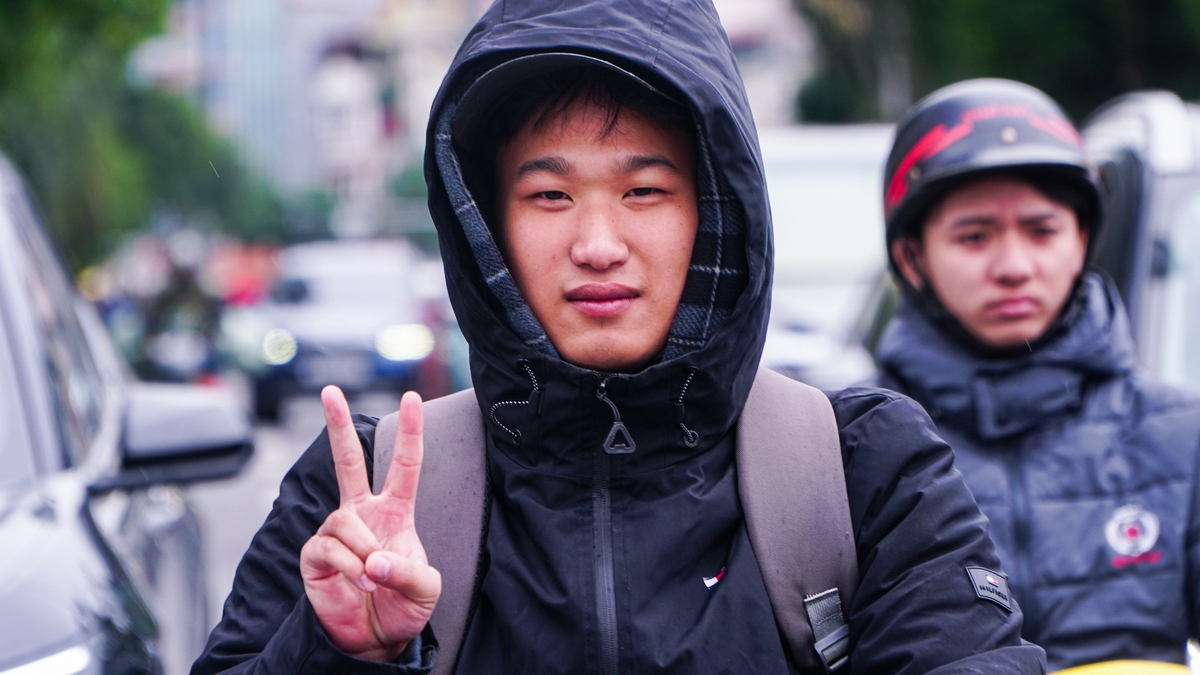

![[Photo] The Standing Committee of the Organizing Subcommittee serving the 14th National Party Congress meets on information and propaganda work for the Congress.](https://vphoto.vietnam.vn/thumb/1200x675/vietnam/resource/IMAGE/2025/11/19/1763531906775_tieu-ban-phuc-vu-dh-19-11-9302-614-jpg.webp)
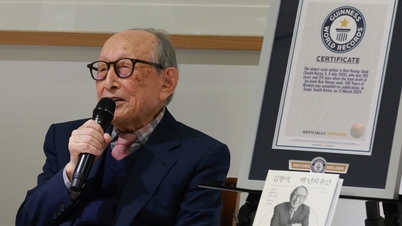

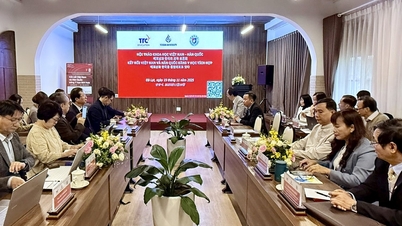



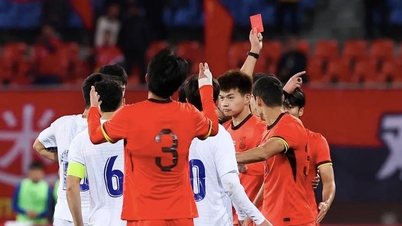


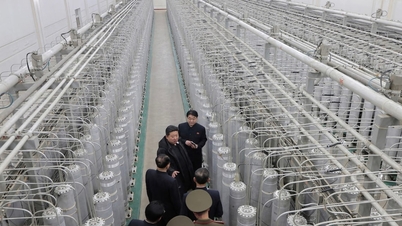

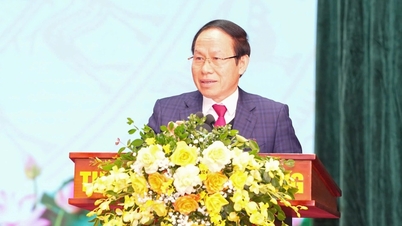
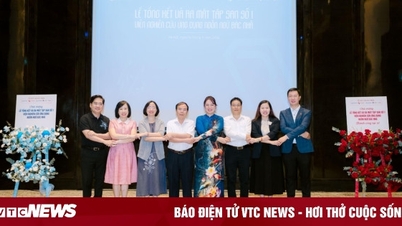



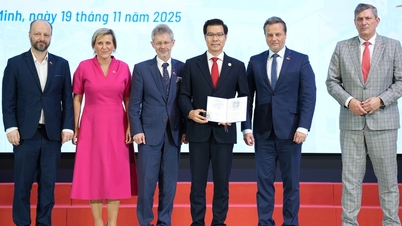

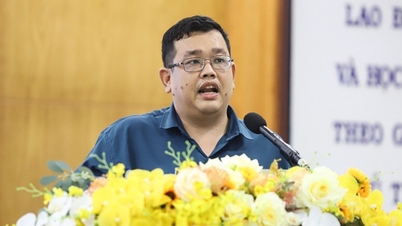





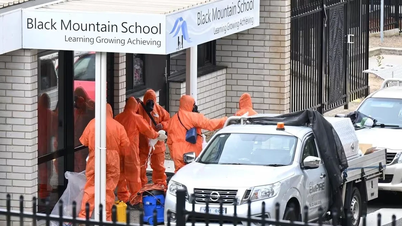
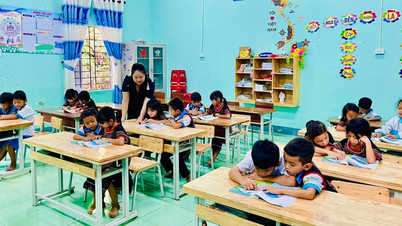
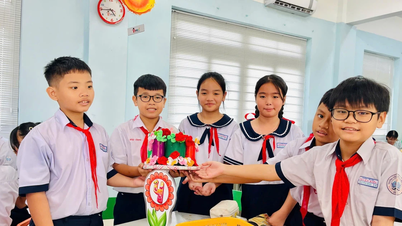
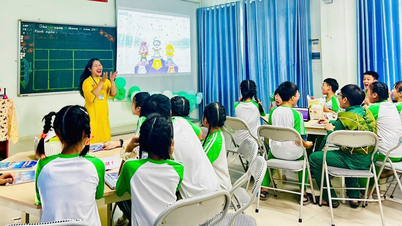
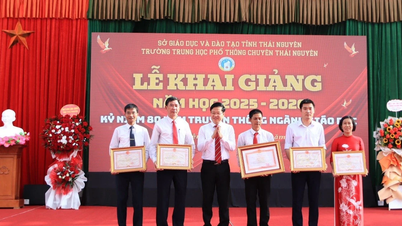
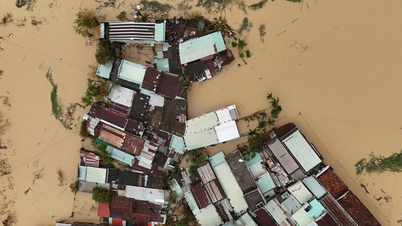
![[Photo] General Secretary To Lam receives Slovakian Deputy Prime Minister and Minister of Defense Robert Kalinak](https://vphoto.vietnam.vn/thumb/1200x675/vietnam/resource/IMAGE/2025/11/18/1763467091441_a1-bnd-8261-6981-jpg.webp)
![[Photo] General Secretary To Lam receives CEO of AP Moller-Maersk Group, Denmark](https://vphoto.vietnam.vn/thumb/1200x675/vietnam/resource/IMAGE/2025/11/18/1763462288958_a3-bnd-8222-2510-jpg.webp)








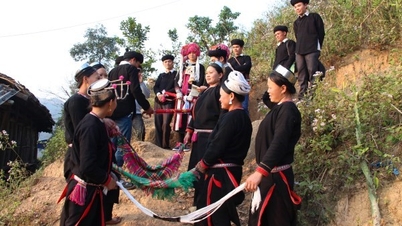






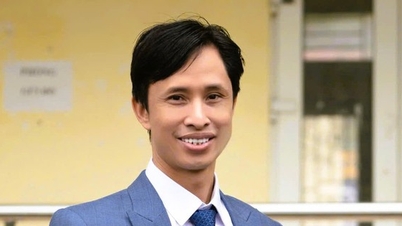




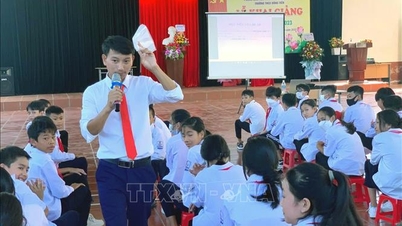

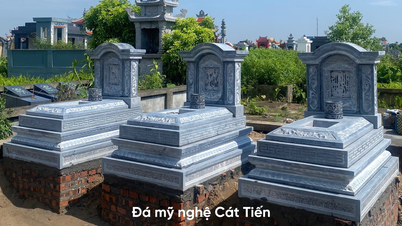



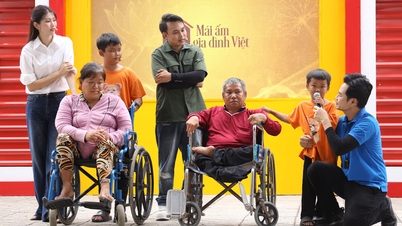











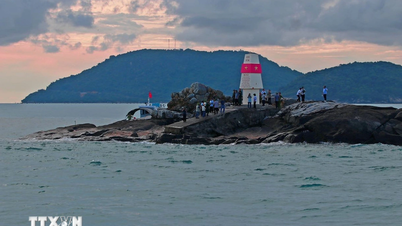

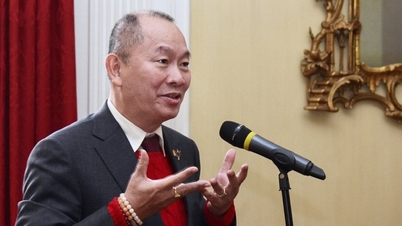
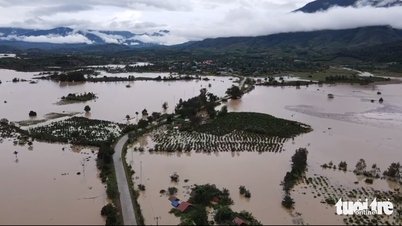
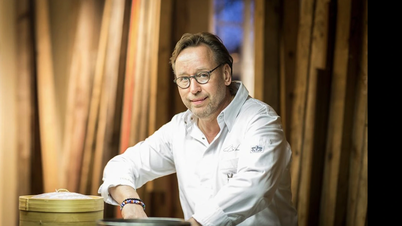
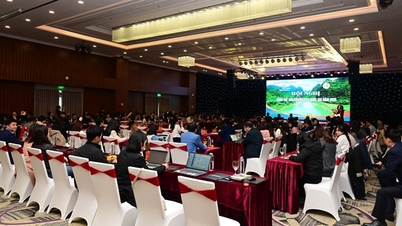








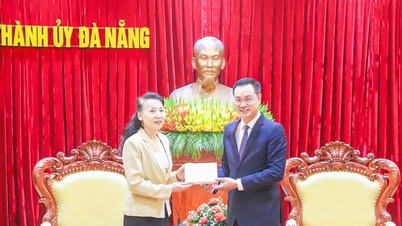
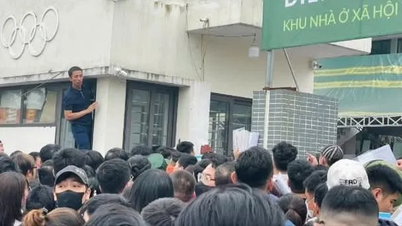
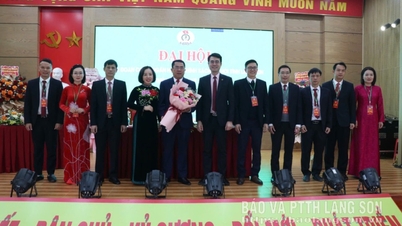

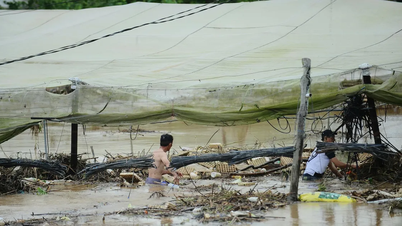


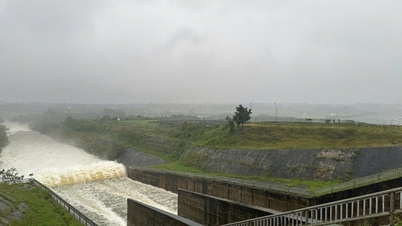












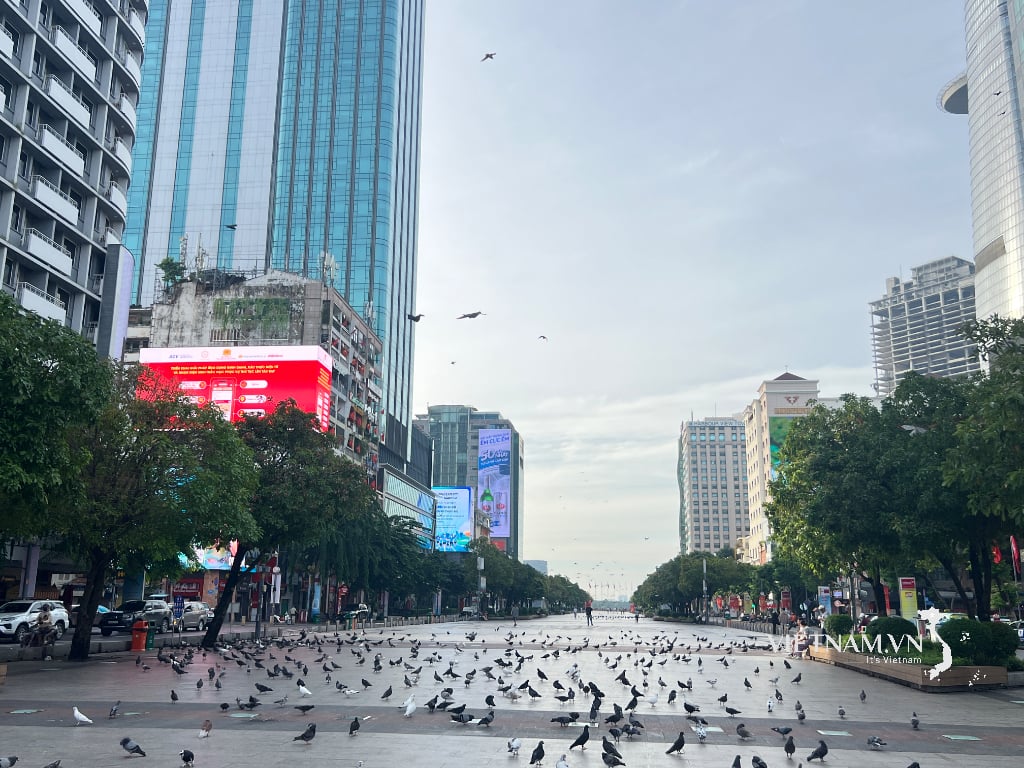
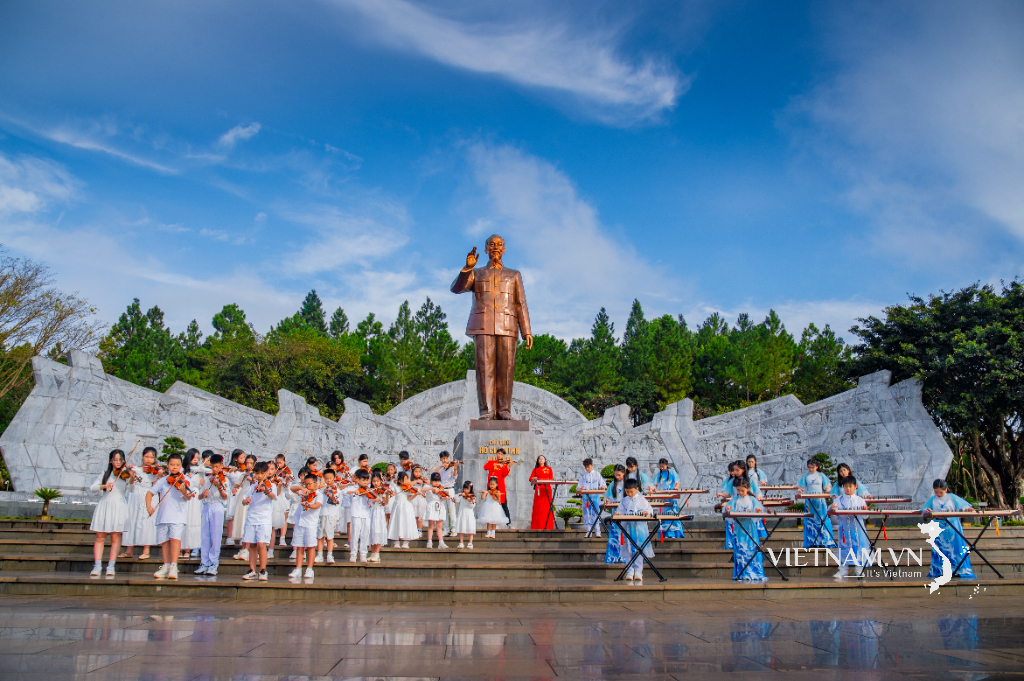

Comment (0)